The 15 best anti-ageing foods
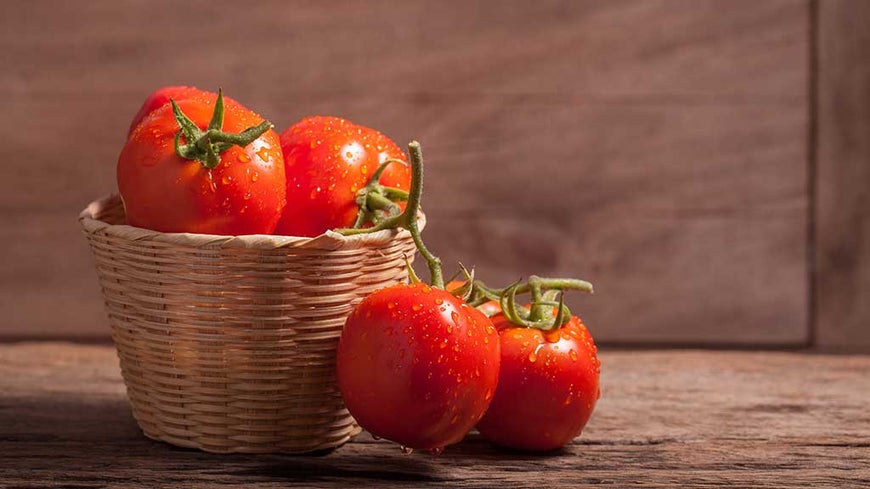
Whether it’s your skin you’re worried about or your overall health, what you eat can greatly impact the ageing process; from your brain to your bones, what you eat matters.
According to award-winning dietitian, Manuel Villacorta, “What you eat makes a huge difference in how you age and how you feel”. He believes that certain “power foods” can fight inflammation, strengthen your immune system, improve your circulation and major organ function, and extend your memory – all problems associated with ageing.
Eating a well-planned, balanced mix of foods can reduce the risk of heart disease, stroke, type 2 diabetes, cancer. It can reduce high blood pressure, lower high cholesterol, and help manage chronic diseases. Essentially, eating well gives you the nutrients required to keep muscles, bones, organs, and other parts of your body healthy in later life, and these nutrients promote energy needed to get the most out of your older years.
Here are 15 foods to include in your anti-ageing diet:
1# Olive Oil
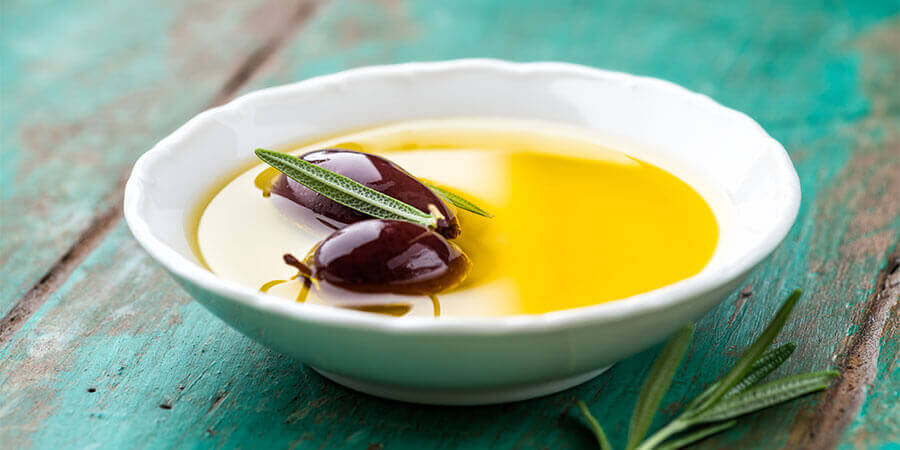
Olive oil contains polyphenols, powerful antioxidants that are known to help prevent age-related diseases. In fact, four decades ago, a Seven Countries Study found that the monounsaturated fats in olive oil were largely responsible for the low rates of heart disease and cancer on the Greek island of Crete.
#2: Yoghurt
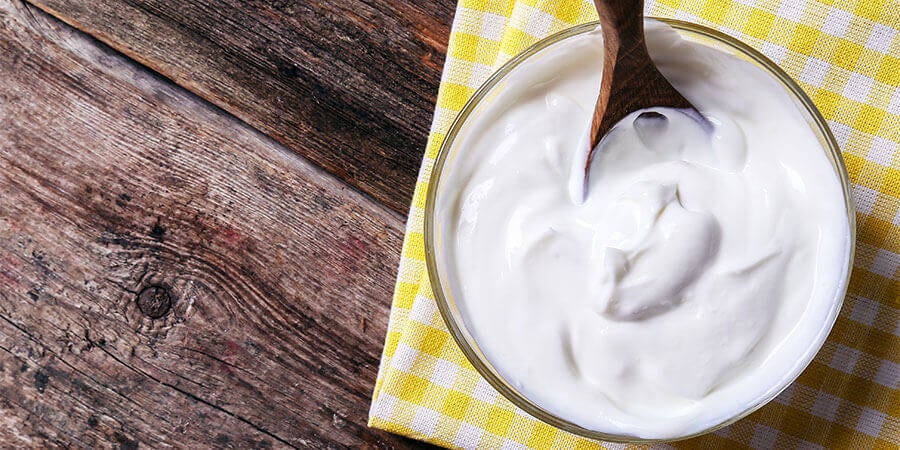
Yoghurt is rich in calcium, which helps stave off osteoporosis. It also contains “good bacteria” that helps maintain gut health and diminish the incidence of age-related intestinal illness. Yoghurt can also smooth skin, soothe the stomach and could help lower blood pressure.
#3: Fish
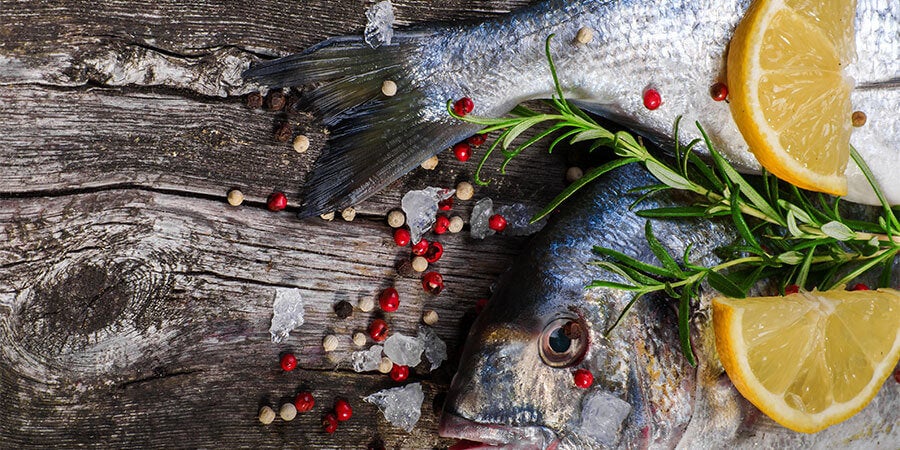
Fish has an abundance of omega-3 fats, which help prevent cholesterol build up in arteries and protect against abnormal heart rhythms. Fish can also keep your skin looking youthful, and may help prevent skin-related diseases, such as skin cancer.
#4: Cocoa
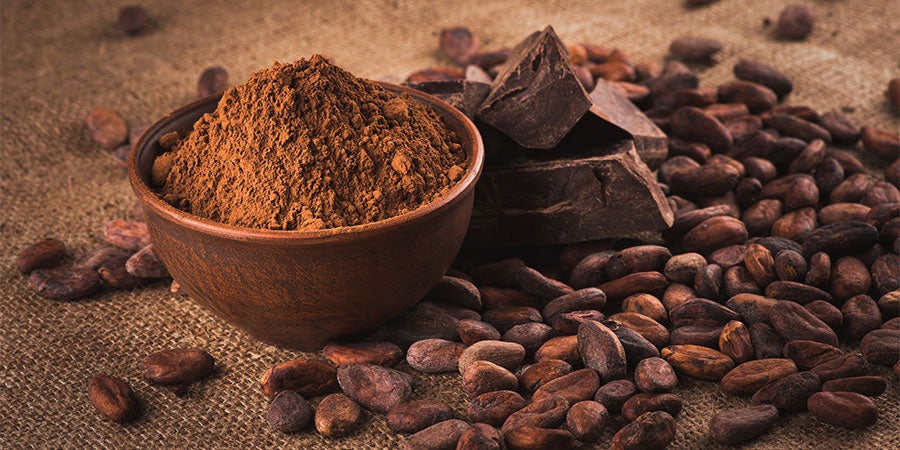
Cocoa is rich in flavanols that help preserve the healthy function of blood vessels. Maintaining youthful blood vessels lowers risk of high blood pressure, type 2 diabetes, kidney disease and dementia. Cocoa also contains epicatechin, which can improve skin texture by increasing blood flow to the skin.
#5: Oats
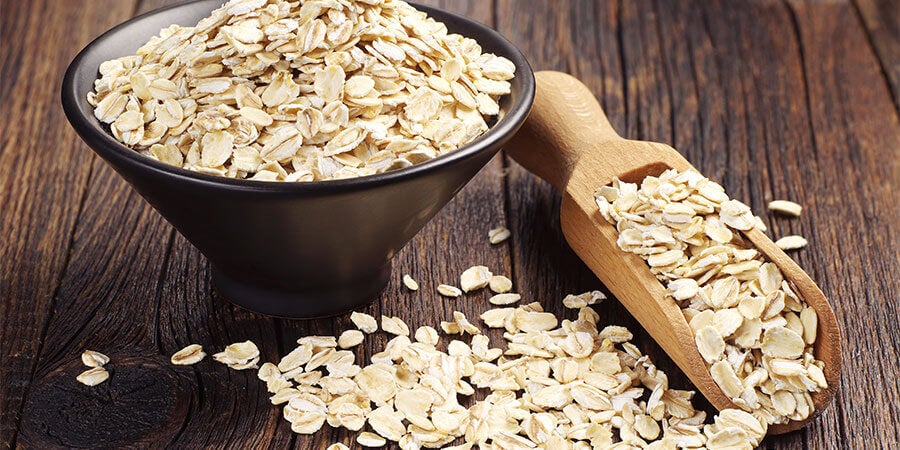
Low glycemic foods such as oats, don’t spike your blood sugar in the way that refined breads, rice and pasta can. Oats are loaded in dietary fibre and have a range of healthy cholesterol-lowering properties. The beta glucans in oats can help lower your risk of type 2 diabetes, and improve immune system defences. They also help reduce inflammation and leave skin looking great.
#6: Nuts
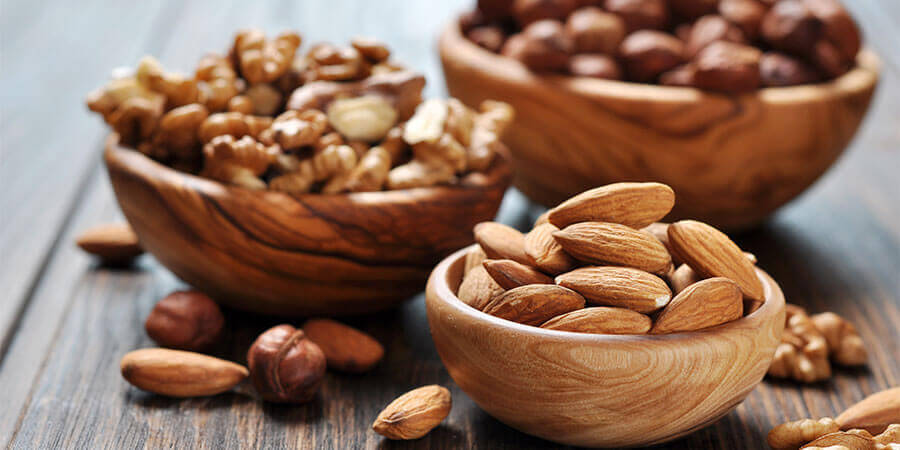
Nuts are a great source of unsaturated fats and are a concentrated source of vitamins, minerals and other phytochemicals. All nuts have different nutrition credentials; therefore a variety should be eaten. Almonds can help boost the appearance of skin, while Brazil nuts can support immunity and wound recovery.
#7: Oranges
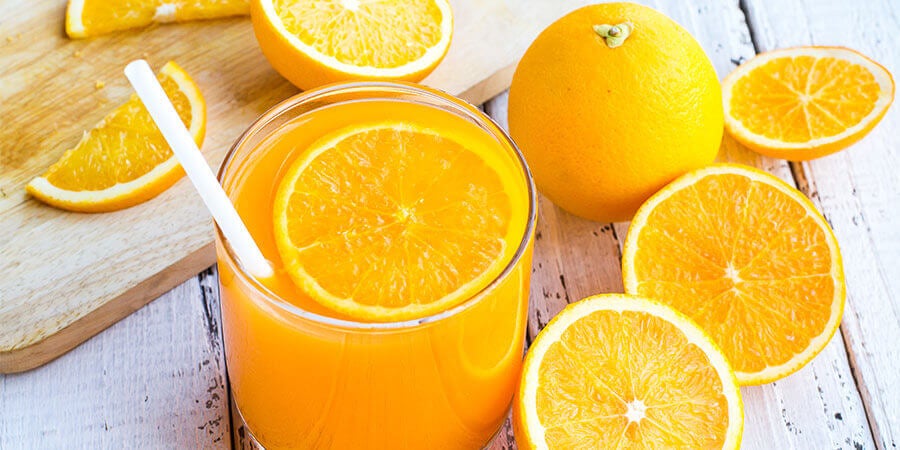
Oranges are loaded with water, so they hydrate your skin and cells. As an excellent source of vitamin C, oranges help make collagen to keep skin supple and containing more than 170 different phytochemicals and more than 60 flavonoids, the health benefits of oranges are plentiful.
#8: Red wine
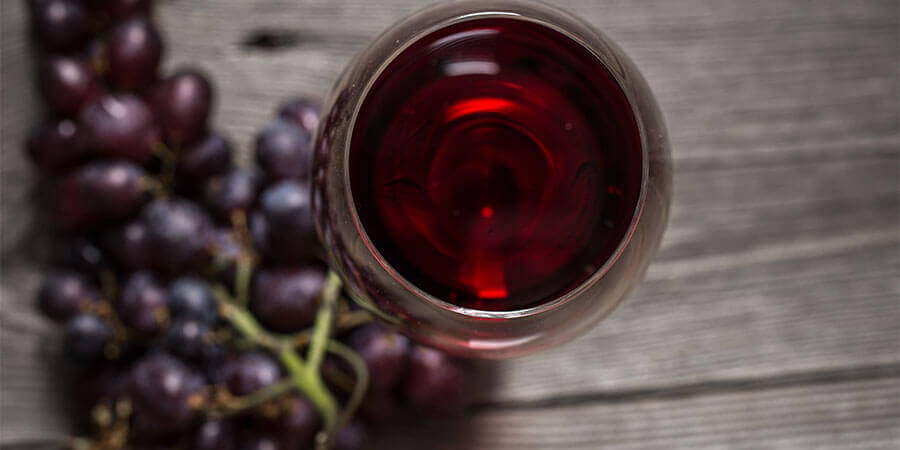
Red wine contains resveratrol, a compound known to activate genes that slow cellular ageing. Grapes have the same effect. Resveratrol helps to reduce oxidative stress, effectively preventing premature ageing. One Canadian study found that by drinking one to two 5-ounce glasses of wine per day, study participants were able to significantly reduce their risk of developing artherosclerotic disease, a precurser to heart disease and stroke.
#9: Blueberries
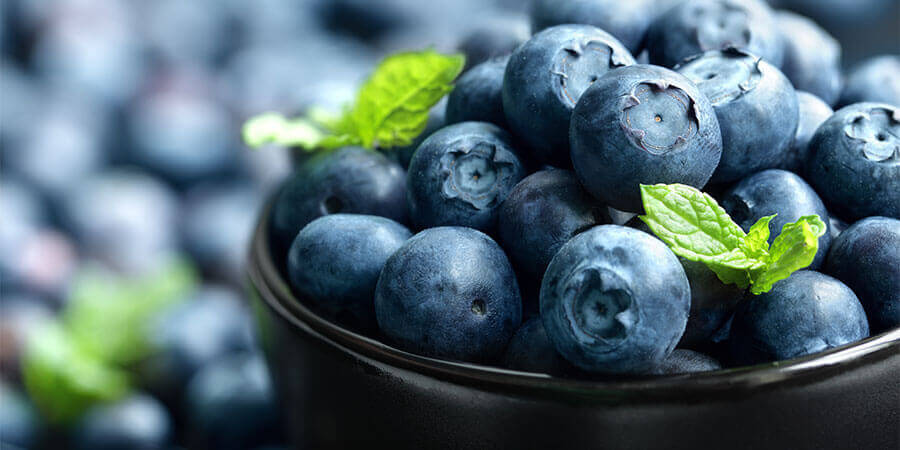
Compounds in blueberries mitigate inflammation and oxidative damage, and can help prevent memory and motor function deterioration. In a 1999 study, researchers at Tufts University discovered that rats which had been fed large amounts of blueberries outperformed when it came to balance and coordination.
#10: Avocados
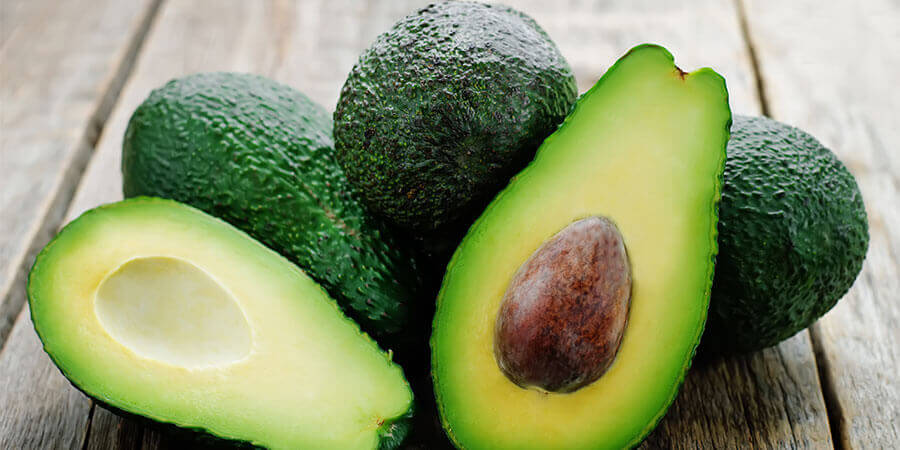
Avocados are filled with monounsaturated fat – the “healthy” kind of fat. Avocados help skin stay hydrated and aid in the absorption of other required nutrients and vitamins. Avocados are also a great source of lutein, a carotenoid that works as an antioxidant and helps protect against eye disease.
#11: Strawberries
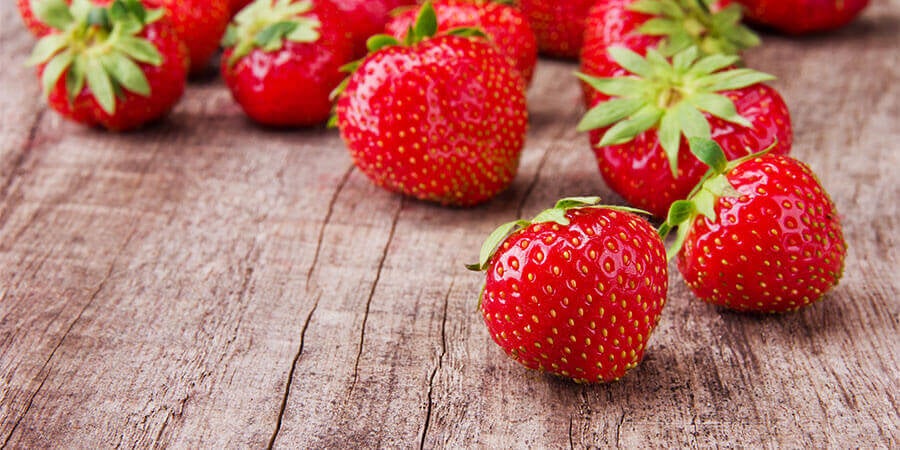
A cup of strawberries delivers about 150% of the daily recommended amount of vitamin C, which is needed to ward off wrinkles and age-related dryness. Strawberries also help boost immunity, promote eye health, could lower cholesterol and lower the risk of some cancers.
#12: Coffee

According to a 2005 study, “nothing else comes close” to providing as many antioxidants as coffee. Just smelling coffee can be beneficial! Caffeine has been linked to a reduced risk of developing Parkinson’s disease and type 2 diabetes, and can keep the brain feeling sharp. Caffeine also helps tighten and brighten the skin.
#13: Tomatoes
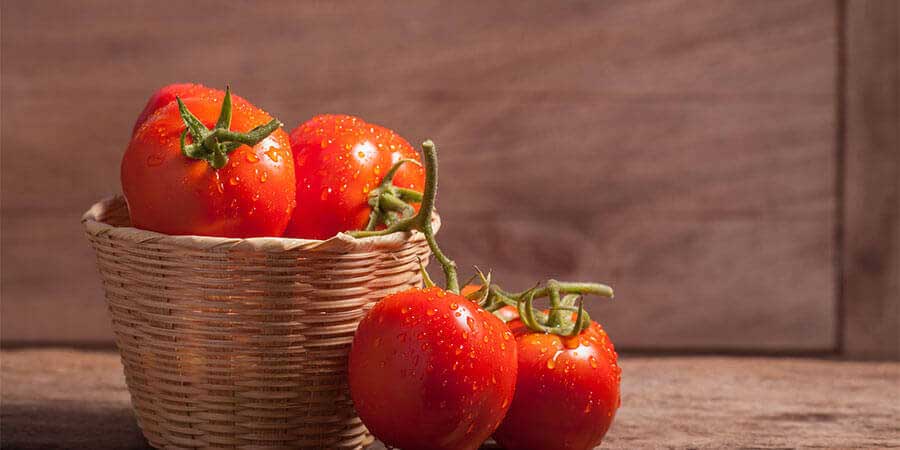
Tomatoes contain the carotenoid lycopene, which can help keep your skin smooth and reduce redness caused by sun exposure. Containing a considerable amount of calcium and vitamin K, tomatoes are also great for maintaining strong bones.
#14: Tofu
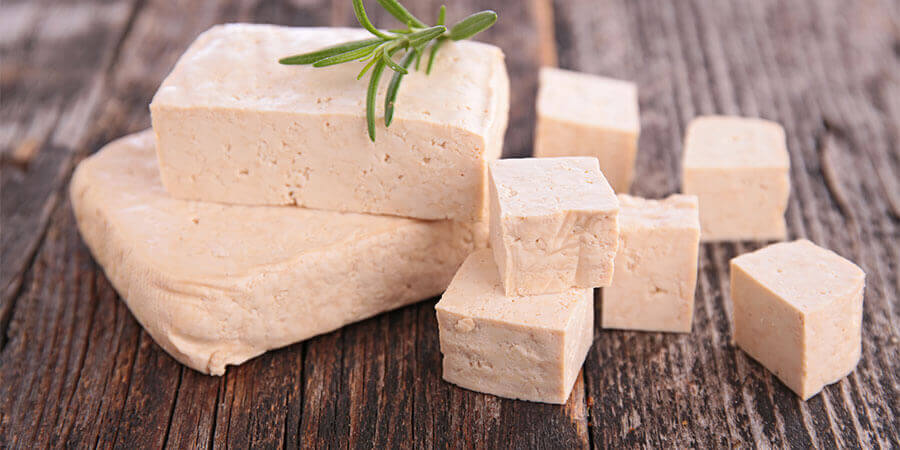
Soyfoods such as tofu and edamame are rich in isoflavones, which can help promote skin-firming collagen. The isoflavones can help prevent collagen breakdown, a leading cause of wrinkles and sagging skin. Tofu is also an excellent source of protein, iron and calcium, needed for inner health.
#15: Leafy greens
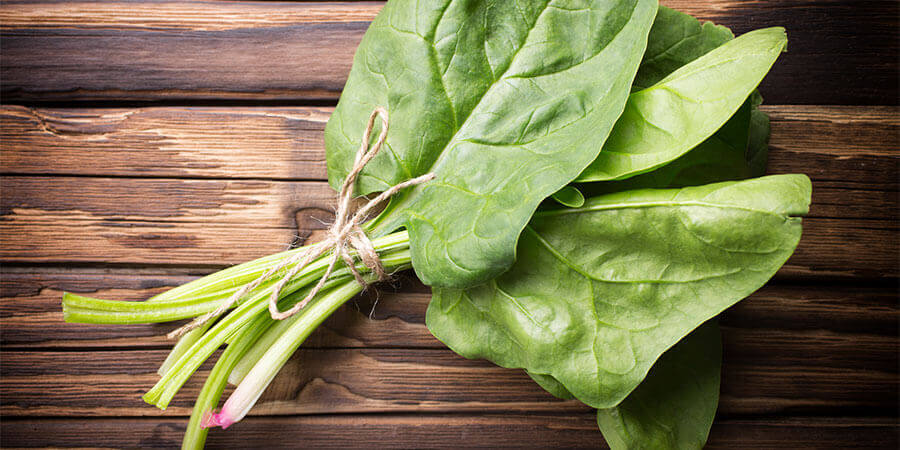
A generous portion of green veggies in your daily diet can carry many benefits, including improved eye health, increased bone strength, better metabolic activity, improved brain function, and higher levels of energy. The high vitamin C contained in leafy greens such as kale may also help protect against premature ageing.
10 Mar 2016